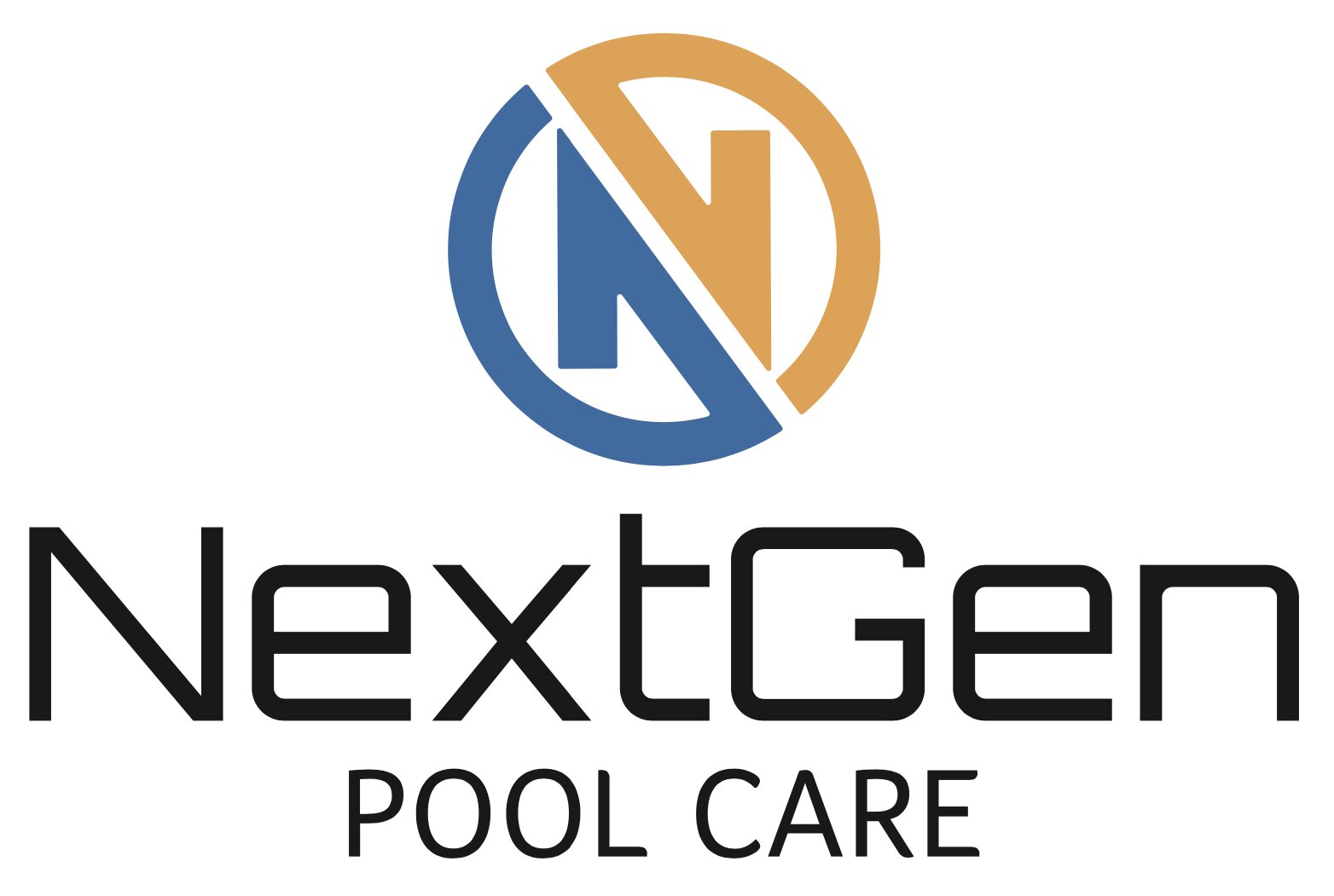What’s Included in Your Weekly Service Report
Your pool service report covers:
- Accurate, up-to-date water chemistry test results
- A list of all chemicals added and their purpose
- A detailed checklist of maintenance tasks performed
- Any issues observed or recommendations for repairs or upgrades
Water Chemistry: What We Test and Ideal Ranges
| Chemical | Ideal Range | Purpose |
|---|---|---|
| Free Chlorine | 1 – 3 ppm (cooler months) 3 – 5 ppm (warmer months) | Sanitizes water to kill bacteria |
| Total Chlorine | 1 – 3 ppm (cooler months) 3 – 5 ppm (warmer months) | Total measure including combined forms |
| pH | 7.2 – 7.8 | Ensures swimmer comfort & chlorine effectiveness |
| Cyanuric Acid | 30 – 80 ppm | Protects chlorine from sunlight |
| Total Alkalinity | 80 – 120 ppm | Buffers pH, preventing swings |
| Calcium Hardness | 200 – 400 ppm | Prevents corrosive or scaling water |
| Phosphates (if tested) | < 200 ppb | Reduces algae risk |
| Salt (Saltwater only) | 2700 – 3400 ppm | For chlorine generators |
* In the Phoenix area, the cooler months span from November to April, while the warmer months run from May through October.
Common Pool Chemicals and Their Functions
- Chlorine Tabs or Liquid: Used to sanitize and keep pool water safe by killing bacteria and algae.
- Muriatic Acid or pH Reducers: Lowers high pH and alkalinity, preventing scaling/cloudy water.
- Sodium Bicarbonate: Raises total alkalinity to help buffer the pH.
- Soda Ash: Raises low pH for swimmer comfort and proper chlorine function.
- Calcium Chloride: Boosts calcium hardness to safeguard pool surfaces and equipment.
- Stabilizer (Cyanuric Acid): Protects chlorine from UV breakdown.
- Algaecide: Prevents and controls algae growth.
- Phosphate Remover: Eliminates phosphates that fuel algae.
- Salt (for saltwater pools): Supports chlorine generation.
- Clarifiers or Flocculants: Helps clear cloudy water.
Weekly Service Tasks
Every week, your NextGen Pool Care tech performs a combination of the following tasks:
- Water chemistry testing and adjustment
- Surface skimming (removal of debris)
- Brushing pool walls, steps, benches, and tile line
- Vacuuming the pool (as needed)
- Emptying skimmer and pump baskets (as needed)
- Backwashing sand or DE filter (as needed)
- Visual inspection of equipment for leaks, damage, or irregularities
- Noting or addressing any repair or maintenance concerns
If you have questions about any part of your pool service report or want more information about water chemistry, chemical usage, or maintenance tasks, don’t hesitate to contact NextGen Pool Care. Your satisfaction and peace of mind are our priority!
